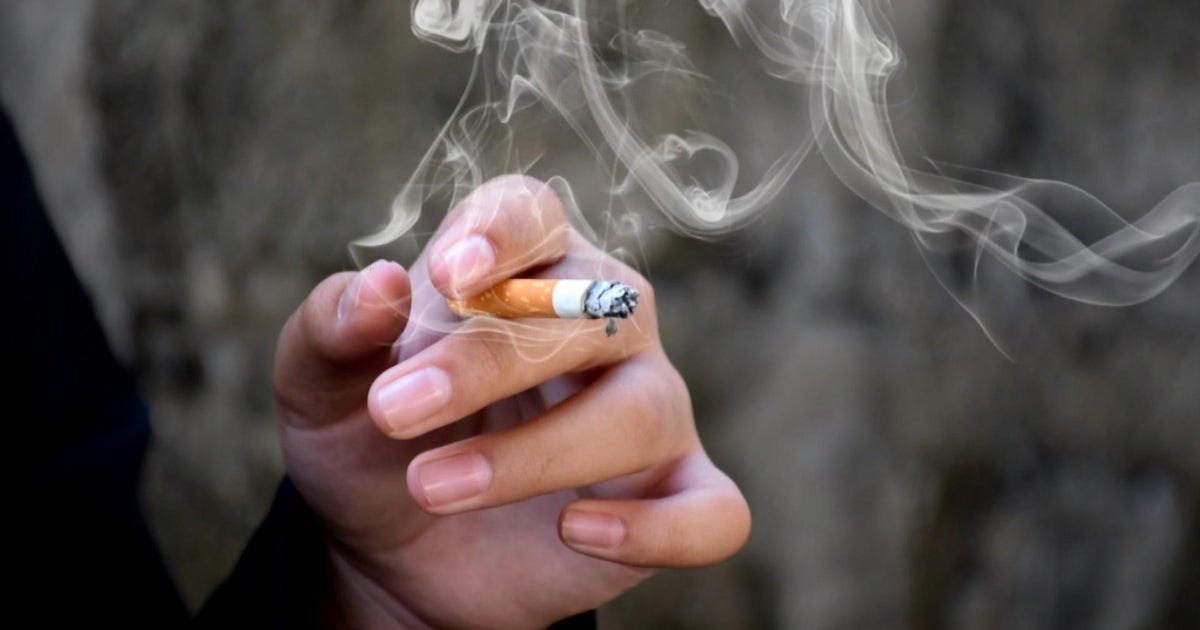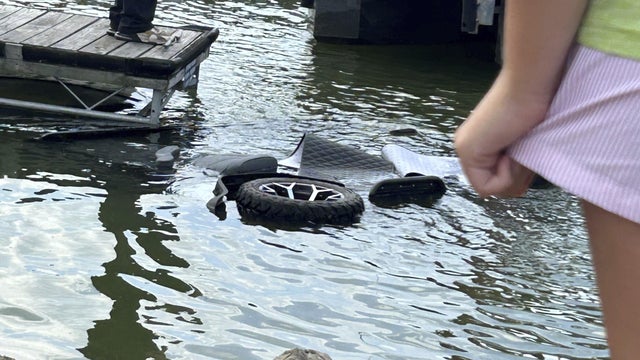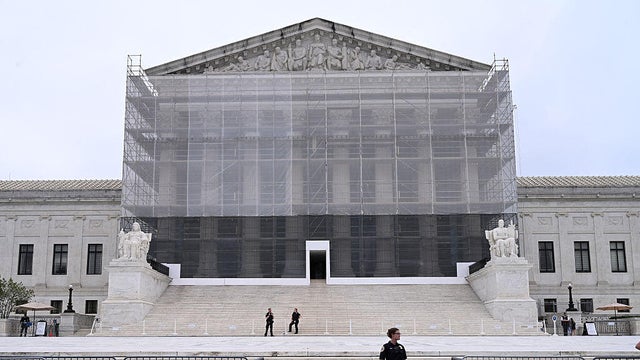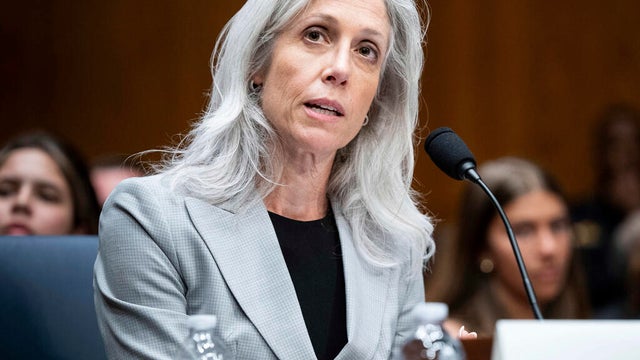

No response returned

The Center for Disease Control and Prevention's ads are set to stop at the end of September.
For 13 years, these tough and honest commercials told real stories about the harm of smoking and pointed people to free help at 1-800-QUIT-NOW. When the ads ran, calls to the quitline jumped, according to independent scientific research institute . Many people tried to quit and some stuck with it.
One of them is Leslie Allison-Seei. She says she's alive today because she called.
Leslie started coughing up blood in 2014 after smoking for over 40 years. She'd been having bleeding fits for two weeks before going to the hospital, some so severe that blood splattered across the bathroom walls and floor. It got so bad that at the ER, a nurse had to flush the toilet with the tip of her shoe, she told TheNews.
Her doctor ordered a lung scope, looked her in the eye and said: "You're done smoking as of today." The doctor gave her nicotine patches, a packet of information and the number for the smoking quitline.
Leslie said she quit the next day. She slipped once, 30 days in, after a fight with her husband.
The very next morning, her quitline coach, Lori, called to check in. Leslie told her what happened. Lori didn't scold her.
"Start again," she said. "And don't keep cigarettes in the house. Make it take five minutes to go get them. Most urges pass by then."
That simple tip worked for Leslie. Eleven and a half years later, she is still smoke-free.
Researchers have tracked the "Tips" campaign closely. When ads aired on TV or online, calls to 1-800-QUIT-NOW rose fast; when the ads stopped, calls dropped, RTI International found.
The CDC campaign helped spark millions of quit attempts and over a million long-term quits between 2012 and 2023, the research institute's study found. It also saved billions in health care spending because fewer people ended up in the hospital with smoking-related diseases.
This year, the Trump administration made changes to the CDC and . The office that ran "Tips" lost support, and the current ad contract is ending this fall. Without new funding, the campaign will stop when that contract expires.
The nationwide ads were one of the few tools that turned a hard truth into action — they show the real harm from smoking, then they immediately offer help for free. Public health advocates say ending them is a mistake.
"This isn't a budget cut or a way to make the government more efficient," said one CDC staffer who worked in the Office on Smoking and Health. "Ending the Tips campaign is a decision that will cost people their lives and American taxpayers millions of dollars in healthcare costs."
The cuts are part of a much larger overhaul. The Department of Health and Human Services announced in March that CDC's work on chronic diseases — including the Office on Smoking and Health, which has led national tobacco control since 1980 — would be eliminated or folded into a new agency called the . The Trump administration says this reorganization will let states set their own priorities and keep CDC focused on infectious outbreaks. But experts warn it will gut decades of progress.
States like West Virginia and North Carolina depend heavily on federal tobacco-control dollars, and national surveys run by CDC track youth smoking and vaping.
"That's 60 years of history in tobacco prevention and cessation — built on research, programs and partnerships — just gone," said Karla Sneegas, former chief of the Program Services Branch at the Office on Smoking and Health.
"Quitlines in some states may disappear altogether; in others, services are being cut back from several calls to just one, and nicotine replacement therapy that used to be available for all callers may only be given to a few," she told TheNews. "Some states don't have any backup funding at all, which means their programs could vanish completely."
Sneegas also noted that the country's first report on smoking, published in 1964 under Surgeon General Luther Terry, was commissioned after years of mounting evidence and helped launch the federal government's long fight against tobacco. Terry was appointed surgeon general by then-President John F. Kennedy, uncle to current Health Secretary Robert F. Kennedy Jr.
Sneegas' own father tried to quit because of that report. Now, six decades later, the office that grew out of that moment is being dismantled. "It's tragic," she said, "to watch the foundation built since that report simply disappear."
Leslie can list the changes in her life. Since 2014, she estimates she has not smoked approximately 292,000 cigarettes, saving her more than $185,000. She jokes that much of that now goes to her very spoiled dogs.
More importantly, she can breathe. "Six months in, I took a deep breath and felt my lungs actually open," she said. She started walking five miles a day, and even finished a muddy obstacle race in her 60s.
Her doctor later told her, "You don't have cancer yet, but if you smoke again and start coughing blood like that, you might not make it to the hospital in time." She keeps a photo from that awful ER night on her phone. If a craving hits, she looks at it and remembers why she quit.
"Tips" worked because the message and the help were linked, experts say. The ads told real stories — like people speaking through voice boxes after surgery — and then said, clearly, call 1-800-QUIT-NOW. On the other end of the line were trained coaches and, in many places, free nicotine patches or gum. Coaches checked in, cheered people on and gave practical advice for tough moments. That human touch mattered.
State quitlines, many built with CDC help, are now under pressure, too. Some are cutting services as budgets shrink. That could make it harder for people to get counseling and medications that double or triple the chances of quitting.
Ending the campaign won't end addiction. It will eliminate the biggest national megaphone to encourage people to take the first step and make it easy to get help. Without the ads, fewer people will see those stories. Fewer will pick up the phone. Some who might have quit may keep smoking.
Leslie worries most about people like her son, who still smokes and is trying to stop. "I'm scared their time will run out," she said. "That call saved me. Everyone should have that chance."
If you smoke and want help to quit, call 1-800-QUIT-NOW or visit your state quitline. The call is free. The first step takes less than five minutes.





